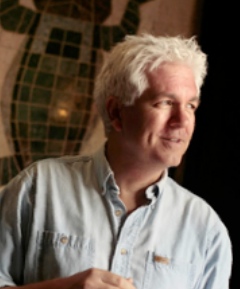 As Cornwallis’ troops surrendered at Yorktown, the British band played a 17th century English ballad, “The World Turned Upside Down.” That tune could easily apply to financial conditions in this country today.
As Cornwallis’ troops surrendered at Yorktown, the British band played a 17th century English ballad, “The World Turned Upside Down.” That tune could easily apply to financial conditions in this country today.
Fifty months after the Great Recession officially ended, the economy is still struggling to gain traction. GDP grew at anemic rates of 1.1 percent and 1.7 percent, respectively, for the first and second quarters of 2013.
The official unemployment rate currently is 7.4 percent. When the large numbers of people who have given up on seeking jobs are considered, the true unemployment rate is about 14 percent. And, significantly, over 75 percent of the new jobs created since the recession ended are part-time positions.
As the economy sputters, the nation’s central bank, the Federal Reserve, continues to spend money. “Quantitative easing” by the Fed has injected more than $572 billion into the economy, primarily through purchases of mortgage-backed securities. In effect, the Fed is monetizing the nation’s $16.9 trillion debt. And this no doubt will lead to inflation at some point in the future.
Amid the economic woes, contrary to what would be expected, the financial markets continue to prosper. The Dow-Jones Industrial Average has reached new highs in 2013, as have other indexes used to measure the performance of the financial markets.
Much of the gains can be attributed to the Fed, which has kept interest rates at historically low levels. This has encouraged investment in stocks, many of which have dividends that exceed short-term investment rates.
In the face of a struggling recovery, uncertainty about taxation and regulatory issues afflicts businesses as well as individuals. Neither can plan effectively because of questions about future taxes and onerous regulations. Government is harming the recovery at a time when it should be encouraging consumer spending and business investment.
And as gasoline prices remain high, politicians stymie efforts to move toward energy self-sufficiency. Some continue to protest and resist efforts to complete the Keystone Pipeline – extending from Canada to refineries on the Texas Gulf Coast –and oppose drilling for oil in parts of Alaska as well as offshore.
All of this makes no sense to most Americans. Indeed, everything seems upside down.
Wayne Curtis, Ph.D., a former superintendent of Alabama banks and university business school dean, is retired from the board of directors of First United Security Bank. He may be contacted at wccurtis39@gmail.com.



